Latest News
01 June 2023
Promising research project of Aswin Muralidharan awarded within Open Competition ENW-XS

The Domain Board Science of the Dutch Research Council (NWO) has awarded 28 applications in the Open Competition Domain Science - XS. One of the honoured applications is from Aswin Muralidharan for project ‘Using bacterial defense machinery for selective killing of cancer cells’. Aswin Muralidharan is a postdoctoral researcher with Prof. Stan Brouns (Department of Bionanoscience). Muralidharan’s current research interest lies in interactions of bacteria and bacteriophages.
26 April 2023
Royal decoration for Marileen Dogterom
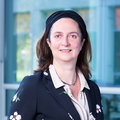
Marileen Dogterom, Professor of Bionanosciences at the Faculty of Applied Sciences (AS) and president of the Royal Netherlands Academy of Arts and Sciences (KNAW), was made a Knight of the Order of the Dutch Lion in the municipality of Woerden. The so-called ribbon is a reward for someone who has done groundbreaking (scientific) work for Dutch society.
14 April 2023
TU Delft researchers shed new light on the motor of DNA replication
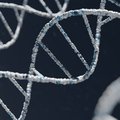
DNA replication is the process whereby cells make an exact copy of their DNA before cell division. A key part of the intricate DNA replication machinery is a molecular motor called CMG, which has the vital task of separating the two strands of the DNA double helix so that they can be copied. An interdisciplinary team of researchers from TU Delft has now developed a new methodology to assemble and image the motion of CMG with unprecedented resolution.
15 March 2023
Stan Brouns appointed as professor
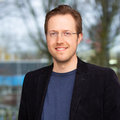
The Executive Board has appointed Stan Brouns as full professor of Molecular Microbiology at the department of Bionanoscience as of 7 February 2023. His work focuses on how microbes defend themselves from viruses. Brouns: “Bacteria have had a few billion years of evolution to come up with all sorts of clever ways to defend themselves from viruses. We aim to uncover what they have evolved over all this time.”
08 March 2023
Open Education Ambassador Award for Timon Idema
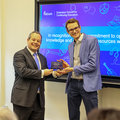
On 7 March, in the occasion of Open Education Week 2023, Timon Idema received an Open Education Ambassador Award. Along with seven other TU Delft lecturers, Idema was offered the award in recognition of his commitment to openly share knowledge and educational resources with the world.
07 March 2023
Stan Brouns wins Ammodo Science Award
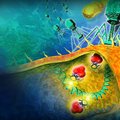
Professor of Molecular Microbiology Stan Brouns is one of the eight laureates of the Ammodo Science Award for fundamental research 2023. Brouns will receive a cash prize of 350,000 euros. In the coming years, he can use this prize to explore new avenues of fundamental research on the battle between bacteria and viruses.
03 March 2023
TU Delft scientists reveal molecular structure of bacterial gas vesicles
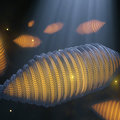
Similar in function to ballast tanks in submarines or fish bladders, many water-based bacteria use gas vesicles to regulate their floatability. In a publication in Cell, scientists from TU Delft now describe the molecular structure of these vesicles for the first time. These gas vesicles were also recently repurposed as contrast agents for ultrasound imaging.
18 January 2023
Nynke Dekker wins Physica Prize 2023
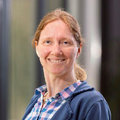
The Physica Prize 2023 has been awarded to Nynke Dekker, professor single molecule nanoscale biophysics at the Kavli Institute of Nanoscience at Delft Technical University. She has invented and developed innovative physical methods within molecular biology, which she applies to current and relevant issues in biology and medicine.
16 January 2023
Going abroad: two Delft researchers receive Rubicon grant
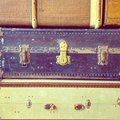
Two postdoctoral researchers from TU Delft have received a Rubicon grant from NWO, which enables them to gain research experience at a leading institute abroad for two years. The coveted grant was awarded to 15 researchers who recently received their PhDs in total.
26 October 2022
ERC Synergy Grant to unravel the formation of protein complexes
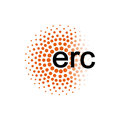
A prestigious ERC Synergy Grant worth 9.4 million euros has been awarded to a team of researchers that aims to elucidate a new mechanism to explain how protein complexes are formed.